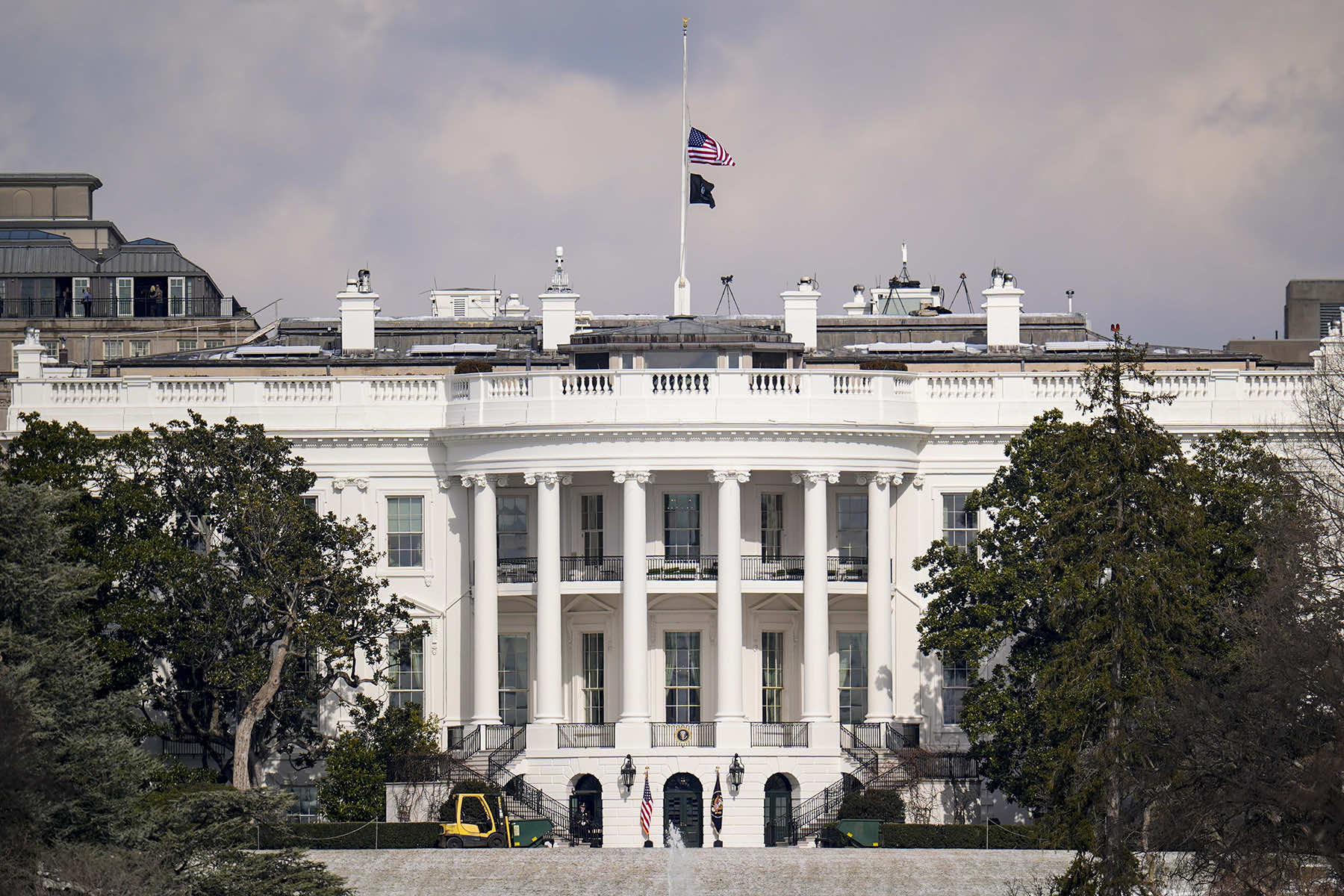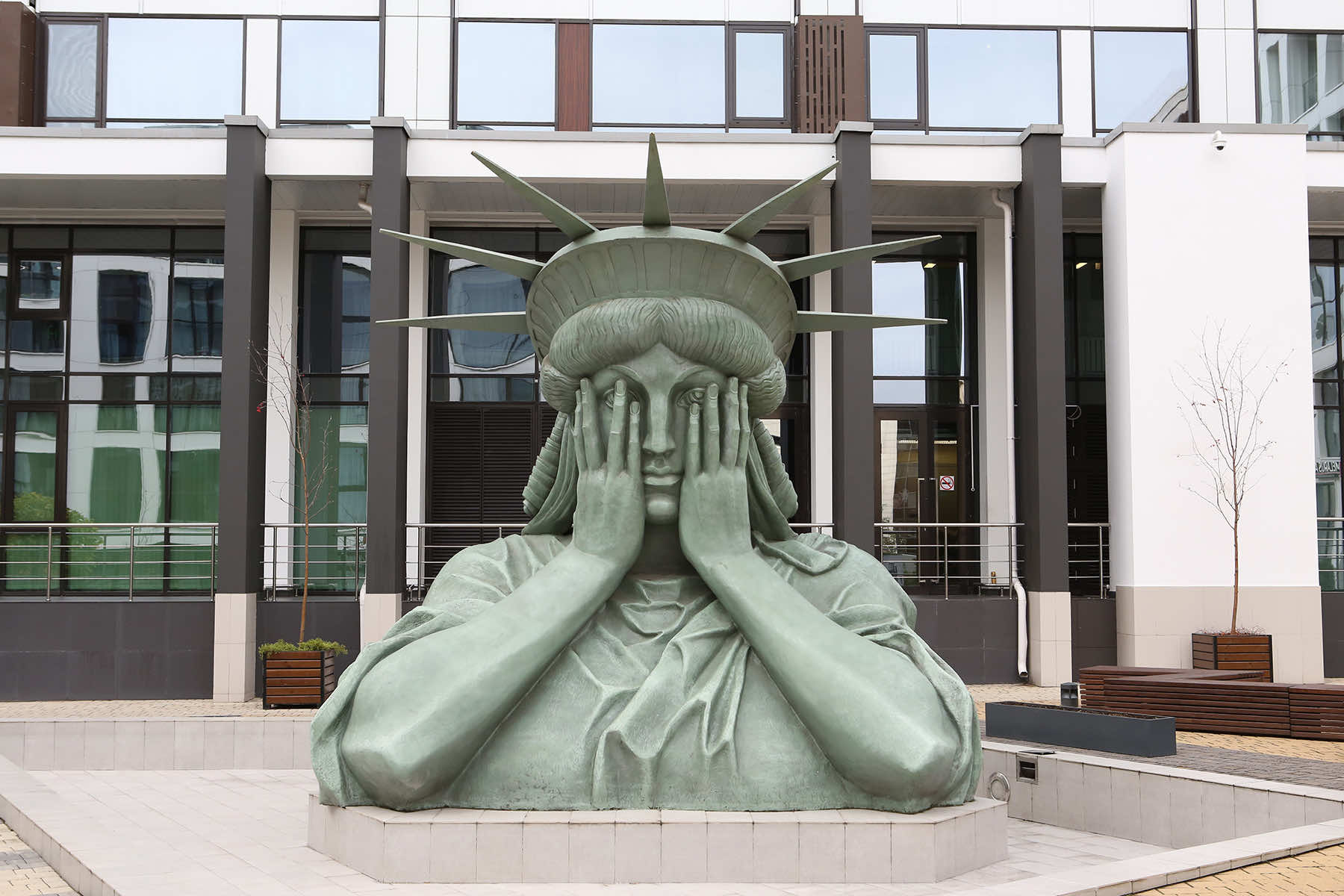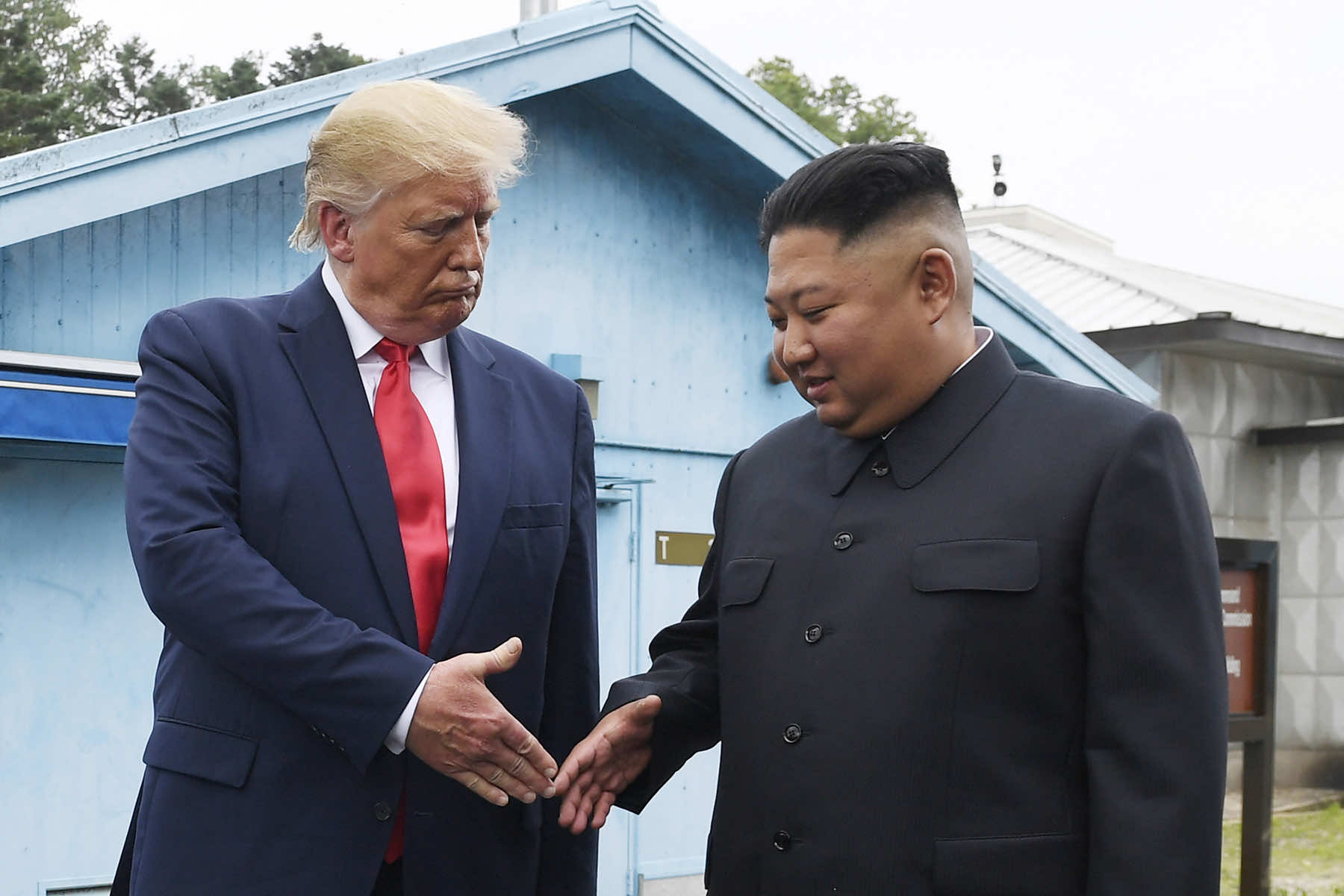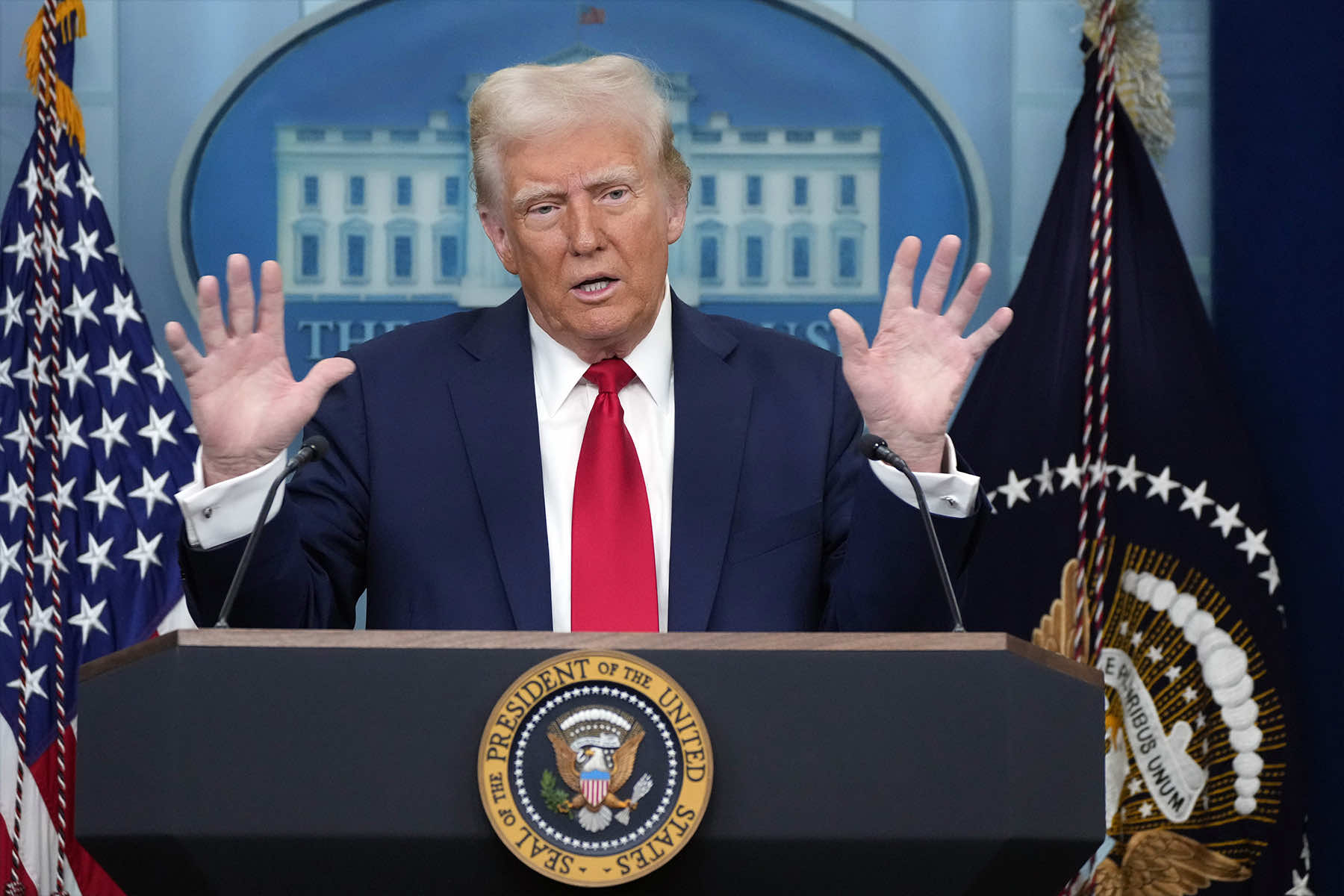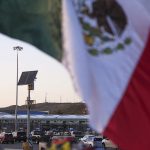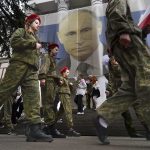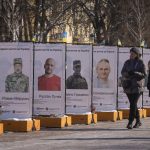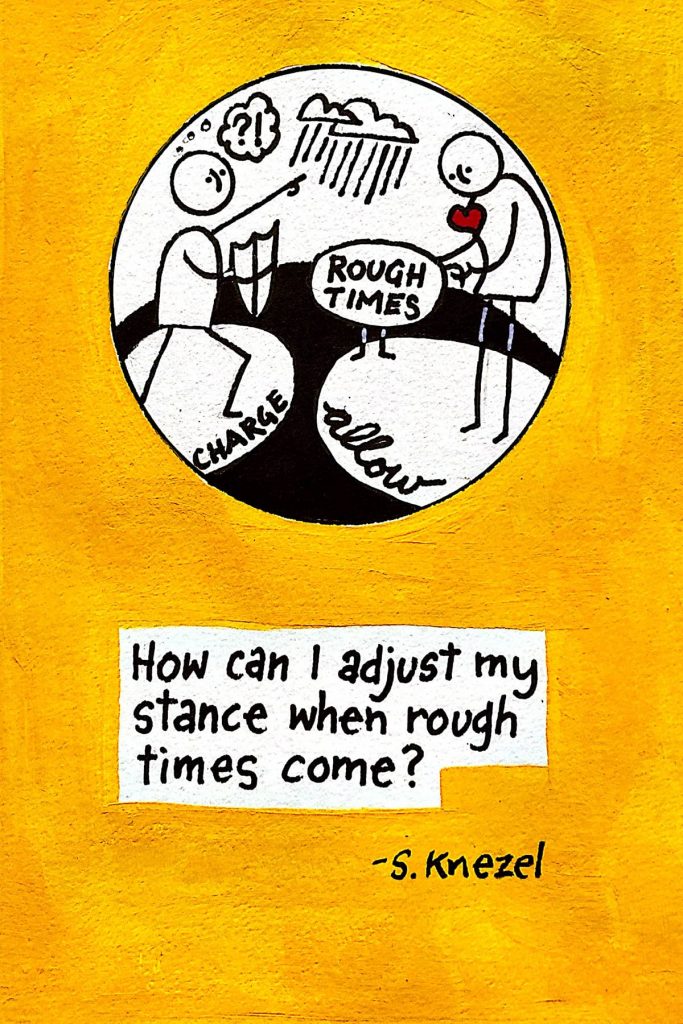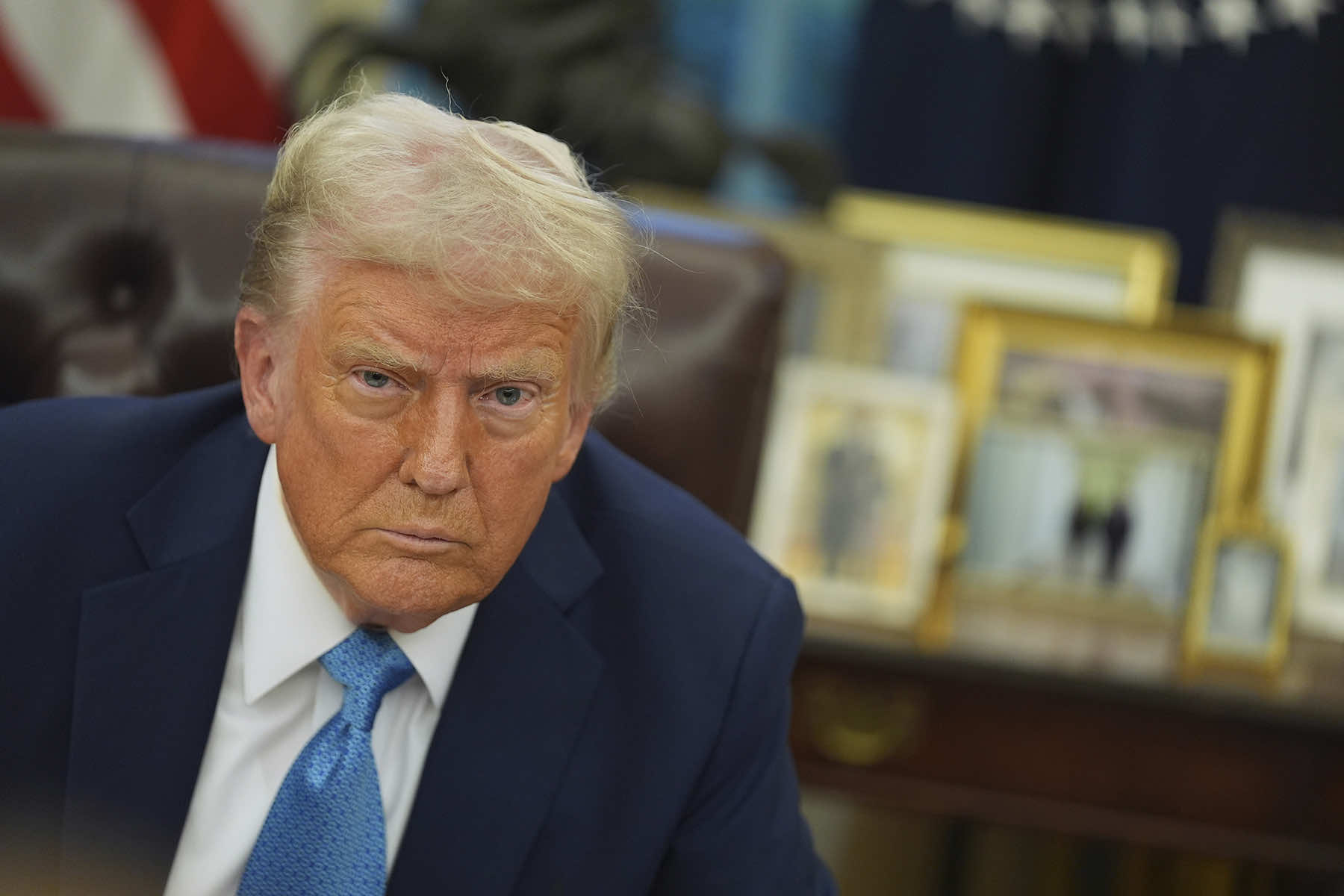
North Korea’s long history of oppressive governance, stringent control over information, and idolization of its leaders have raised alarm bells for global observers for decades. Under the successive regimes of Kim Il Sung, Kim Jong Il, and Kim Jong Un, the reclusive nation has embodied the perils of a single-minded authoritarian ideology.
Experts now warn that convicted felon and occupant of the White House – Donald Trump, along with his radical MAGA base and billionaire oligarchs like Elon Musk and Mark Zuckerberg, are mimicking elements of North Korea’s strategy to consolidate power and mold America’s future. Their documented approach involves taking pages directly from the autocratic “Project 2025” playbook produced by Conservative Republicans.
A GLIMPSE INTO NORTH KOREAN HISTORY
To understand the parallels, it is essential to review key moments in North Korean history. When Kim Il Sung established the Democratic People’s Republic of Korea (DPRK) in 1948, he forged a heavily centralized regime on the premise of self-reliance, referred to as “Juche.”
Though the term may sound benign, Kim Il Sung used it to justify near-total state control over social, political, and economic life. Public debate disappeared, replaced by meticulously crafted propaganda praising the supreme leader. This laid the groundwork for a cult of personality so pervasive that questioning government authority was akin to heresy.
After Kim Il Sung’s death in 1994, his son Kim Jong Il further tightened control, presiding over one of the world’s most closed societies. Citizens who dared challenge the regime were subject to prison camps, with entire families punished under a principle of “guilt by association.”
The Kim dynasty perpetuated itself through an elaborate network of loyalists, shielding leaders from any real checks and balances. When Kim Jong Un took power in 2011, he continued the same strategies, maintaining the country’s isolation and repressing dissidents.
CONDITIONED THROUGH PROPAGANDA
One of the most defining characteristics of North Korea is its heavy use of propaganda. Glorified depictions of Kim family members crowd every sphere of public life. From radio broadcasts to classroom instructions, all media content exalts the state and demonizes external influences.
Access to global news sources or Western entertainment remains heavily restricted. Citizens exist in a vacuum, bombarded by a single narrative that attributes all successes to government leadership and dismisses or conceals any failures.
In the eyes of critics, the “Make America Great Again” movement seeks a similarly insular approach to political discourse. Attacks on journalists and news organizations perceived as critical of Trump have been a hallmark of MAGA rallies and public addresses.
The repeated accusations of “fake news” and the branding of traditional media as “the enemy of the people” serve as a strategy that makes Trump a singular authority on what is “true” or “false.” Coupled with social media echo chambers, this tactic conditions supporters to disregard or distrust any source outside the MAGA information bubble.
THE CULT OF PERSONALITY
Like Kim Il Sung, who was venerated as a near-mythical figure, Trump has cultivated a personality-driven brand of politics. Rallies often feature large banners and crowds sporting his name. Songs, chants, and merchandise create an environment reminiscent of a personality cult.
The fervor is such that Trump’s statements, regardless of how controversial, frequently see little pushback from his most ardent followers. Critics argue that this unwavering loyalty is reminiscent of North Korea’s zeal for the Kim dynasty, stifling open debate within the movement.
In modern American politics, it is not unusual for candidates to have dedicated supporters. However, the Trump phenomenon stands out for its intensity and uniformity. Detractors in the Republican Party frequently face political backlash, primary challenges, or public ridicule.
The result is that many Republican officials or candidates who might otherwise oppose some of Trump’s statements remain silent or even voice agreement to avoid alienating core voters. Over time, this has effectively cemented the former president’s influence, mirroring the way North Korean elites must show deference to the Kim regime.
OLIGARCH ALLIES AND CONTROL OVER TECHNOLOGY
A crucial difference between North Korea’s regime and the movement surrounding Trump is that in the United States, the government does not yet hold an unchallenged monopoly on information. However, Trump and his allies have found a different avenue by forging relationships with some of the nation’s most powerful tech figures.
Musk, who gained control of Twitter (now called X), and Zuckerberg, who oversees Facebook and Instagram as part of Meta Platforms, hold unprecedented power over public discourse. Although Musk and Zuckerberg are far from identical in political viewpoint, critics say their influence and corporate decisions have often helped shape an environment that can be exploited by populist leaders.
Musk’s fascist approach to moderating X opened the door for accounts spreading misinformation. Zuckerberg’s Facebook faced lawsuits for hosting disinformation campaigns that affected elections. With these platforms often shaping political narratives for millions, critics argue that select voices can drown out opposing viewpoints or incite supporters to unify around simplified, emotive slogans that echo North Korean-style groupthink.
SILENCING CRITICS THROUGH LEGAL AND SOCIAL PRESSURE
Another North Korean hallmark is the swift and merciless punishment of critics. While the U.S. does not yet impose prison camps on dissenters for questioning a political leader, Trump’s litigious nature and combative rhetoric serve a similar psychological end.
From threats of defamation lawsuits to public humiliation via social media, these methods create an atmosphere of fear akin to what has been used by autocratic leaders to terrorize their opposition. Many political figures, journalists, and even casual social media users are wary of ending up on the receiving end of Trump’s rebukes.
Republican enablers, meanwhile, have facilitated a culture where criticizing Trump can be detrimental to career aspirations. Figures who once opposed Trump – even after the events of January 6, 2021 — frequently either softened their stance or reversed it. While not as extreme as the punishments in Pyongyang’s prisons, this social, legal, and career-oriented pressure resembles a system designed to discourage dissent and encourage loyalty, even when uncomfortable facts are at stake.
ERODING DEMOCRATIC NORMS
North Korea’s rigid social structure and propaganda apparatus thrive in the absence of genuine checks on power. Critics point to multiple instances in which Trump or those in his orbit have tested America’s democratic guardrails.
Despite repeated court rulings affirming the 2020 election’s legitimacy, many Republican officials embraced unsubstantiated claims of widespread fraud, ignoring the judiciary’s findings. This disregard for legal verdicts undermines confidence in the balance of powers essential to a functioning democracy.
Furthermore, efforts to gerrymander electoral districts, enact restrictive voting laws, and challenge mail-in ballot protocols align with a broader pattern of chipping away at democratic norms.
Observers note parallels to North Korea’s focus on controlling electoral outcomes, which is a single candidate is effectively guaranteed victory through an opaque voting process. The steps taken by MAGA-aligned Republicans to consolidate power raise concerns for an America on the brink of overwhelming extremism.
A CULTURE OF PUBLIC SPECTACLE
One notable parallel between Trump’s politics and North Korea’s theatrical public displays is the calculated use of large-scale events to convey messages of strength. North Korea’s televised military parades, which feature tanks and missile launchers rolling through Pyongyang to cheers from carefully selected audiences, are a propaganda staple.
These events serve to awe both domestic and international observers, fostering a sense of fear or admiration. Trump’s political rallies have adopted similar pageantry. With choreographed moments, soaring rhetoric, and massive flags, these spectacles portray the former president as a larger-than-life figure who is singlehandedly battling an entrenched establishment.
Critics argue that the consistent reinforcement of Trump’s personal brand in these settings bolsters the notion that loyalty to him, rather than adherence to party platforms or democratic principles, remains paramount.
POLITICAL ENABLERS AND THEIR MOTIVATIONS
Many question why so many Republican officials stand behind these tactics. In North Korea, elites close to the Kim regime enjoy privileges and wealth far beyond the ordinary citizen. Translated to the American context, those who support Trump might see a path to securing powerful political positions or benefiting from a loyal voter base. Political opportunism, according to skeptics, frequently overrides concerns about democratic integrity.
The same logic applies to business tyrannical oligarchs like Musk, who benefit from tax cuts or other pro-business policies championed by Republicans. Zuckerberg has made it his policy to appease conservative critics who accuse Facebook of liberal bias, and ignoring concerns of misinformation on his platforms. This juggling act has opened the door to accommodations that tilt the digital public square in favor of Trump’s toxic narratives.
CONSEQUENCES AND A STARK WARNING
North Korea’s populace endures some of the harshest living conditions on Earth, exacerbated by government mismanagement and oppressive policies. While the U.S. does not face the same immediate humanitarian crises, critics see an ominous pattern.
When leaders and their enablers concentrate power in ways that stifle open debate and penalize opposition, the seeds of more significant repression are sown. Over time, basic freedoms such as speaking out against a leader without fear can erode.
As these trends develop, even those who once dismissed the parallels as exaggerated may find themselves facing a future where certain media outlets are marginalized, protests are restricted and political opponents are silenced.
The lessons from Pyongyang should serve as a stern warning that democracy requires constant vigilance. Once large segments of the population uncritically accept a dominant narrative or leader, reclaiming an open society becomes an enormous challenge.
GUARDING THE FOUNDATIONS OF AMERICAN DEMOCRACY
If the North Korean example teaches anything, it is that charismatic leaders and insular power structures can create a seemingly unbreakable hold over a nation. While Trump’s most vocal critics might be quick to paint him as a direct parallel to the Kim dynasty, the United States’ democratic institutions are fundamentally stronger than North Korea’s, rooted in constitutional checks and balances.
Yet, that system has weakened over time, as seen in Trump’s shadow goverment that undermined the Biden Administration for four years, as Republicans worked to centralize authority and reduce transparency. Election officials, civic groups, journalists, and ordinary citizens all play pivotal roles in upholding democratic norms.
At local, state, and federal levels, ensuring free and fair elections is essential. This includes preserving election security, maintaining accessible voting methods, and honoring the outcomes.
Protection for a robust, independent press must remain a priority, allowing journalists to scrutinize government actions without fear of retaliation. Education that fosters critical thinking and media literacy can help create a populace resistant to manipulative propaganda, making it harder to impose a single narrative.
A FUTURE SHROWDED IN SILENCE
As America navigates a deeply polarized political climate, warnings that Trump, Musk, Zuckerberg, and their Republican allies are drawing from a North Korean-style playbook may sound hyperbolic to some. But history is full of moments when democratic societies slid into authoritarianism, often through a series of small, incremental steps.
North Korea stands as a stark illustration of what happens when leaders erect an unassailable cult of personality, eliminate political opposition, and monopolize information channels. The choice Americans face is beyond just embracing or rejecting a particular politician.
They must be willing to safeguard the democratic pillars on which the country was built. By remembering North Korea’s enduring hold over its people, observers hope that Americans will recognize the risks of personality-driven politics and the essential need to keep open debate and accountable leadership alive.
While it is human nature to have hope, it is also intrinsic to humanity to be fearful. The popular support of Trump, and willingly re-electing him in spite of his long proven behavior, shows a very uncomfortable truth. That is, Americans want to see the restoration of White society as the undisputed power in the country. And, a majority of the population is willing to sell their souls in that pursuit, even with the predictable result of their own imprisonment as reward.
© Photo
Lee Matz

